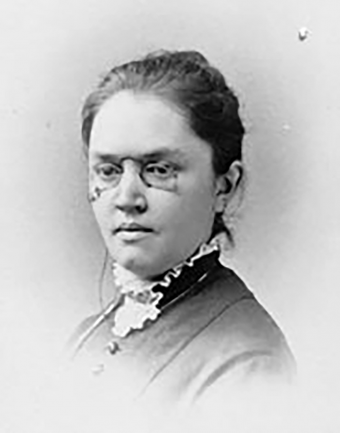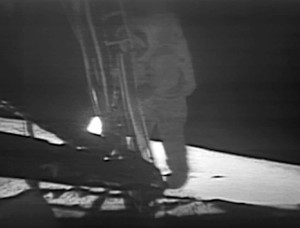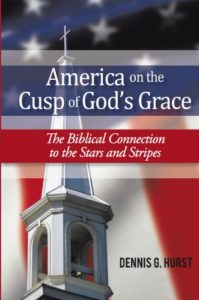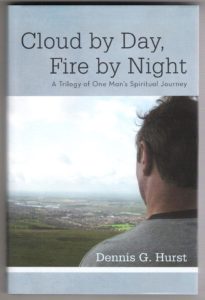Tags
Beyond the Cosmos, Billy Graham, Christ, Christianity, Conservatism, Constitutional Republic, Everlasting, Experience, Family, Fellowship of the Minds, Freedom, Genealogy, George Washington, God, I Have A Dream, Jesus Christ, Lessons, Liberty, Life, Posterity, Self-Preservation, Teaching, United States, Wisdom
Share it
Two landmark events caught my eye this past week, the 46th anniversary of the Moon Landing on July 20, 1969; and the lesser-known, but no less important event of the first poetic writing of “America The Beautiful” on July 22, 1893, both of which led me to thinking how far away we as a nation have drifted from both levels of greatness in less than 50 years. Strangely, both events tie together so succinctly that they belong on the same page together, and thus they are. Those of us of an age to remember being glued to the TV as the descent to the Moon was underway, will never forget the sense of awe and pioneering spirit displayed by the men and women of the entire space program. Not only we in North America (I was resident in Canada at the time) were glued to the unfolding drama, but people in every country on the planet were enthralled with the unbelievable reality that “in a few more minutes” two men – brave, patriotic Americans – will actually be landing on the Moon! As Neil Armstrong so famously declared when he got to the bottom of the ladder and placed his foot onto the dust of the Moon: “That’s one small step for a man; one giant leap for mankind.”
Still one of the greatest moments (if not THE greatest) in US and world history.
**************************************************
Now on to the story of “America’s Anthem” and how it came into being. Amazingly (as you will experience when reading the lyrics at the end) Katharine Lee Bates wasn’t to know, nor realize just what her words would describe some 122 years into the future, when the American Dream had led to America not only prospering its own self-needs, but spreading its largesse around the world for everyone to share in the innovation and capitalism that the principles of “life, liberty, and the pursuit of happiness” so easily produce when freedom reigns, and not tyrannical, oligarchal, repressive socialism so detrimental to human societal survival; pretensions to oligarchal privilege on the one side, and to demoMarxist despotism on the other. God help us to get America back under his auspices once again, and renew the pioneering spirit that made America the world leader in so many innovations, and moreover, had people who weren’t afraid to write about them poetically. Even so, come, Lord Jesus. Amen. Maranatha. In Him!!
**************************************************
 On July 22, 1893, a young professor of English literature from Wellesley, Massachusetts named Katharine Lee Bates wrote a poem that morphed into one of the most iconic songs in American history. She was traveling cross-country by train to lecture at Colorado College that summer. What she saw along the way inspired her to create an American classic that many believe should be the national anthem.
On July 22, 1893, a young professor of English literature from Wellesley, Massachusetts named Katharine Lee Bates wrote a poem that morphed into one of the most iconic songs in American history. She was traveling cross-country by train to lecture at Colorado College that summer. What she saw along the way inspired her to create an American classic that many believe should be the national anthem.
Katharine Lee Bates was born in Falmouth, Massachusetts on August 12, 1859. Her father, William, was a pastor who died just six days after she was baptized, forcing her mother Cornelia to take whatever work she could to support her four children. Despite their impoverished circumstances, Cornelia was well educated and was determined her children would be as well.
After graduating from the prestigious Newton High School, Katharine attended Wellesley College, an institution she would be associated with for decades. She began writing poetry during her time at Wellesley and was published in The Atlantic Monthly. Katharine received her B.A. in 1880 and taught in local high schools for five years until her alma mater offered her a job in their English department.
While at Wellesley, Katharine wrote constantly – travel books, children’s books, and dozens of volumes of poetry. She also traveled extensively for business and pleasure.
On July 3, 1893, she boarded a train in Massachusetts with Katharine Coman, an economics professor at Wellesley. The couple were both headed to Colorado to teach for the summer at Colorado College.
While in Colorado, the pair joined an excursion to the top of Pike’s Peak on Saturday July 22nd. It seems Katharine got a little more than she had bargained for. She explained:
One day some of the other teachers and I decided to go on a trip to 14,000-foot Pikes Peak. We hired a prairie wagon. Near the top we had to leave the wagon and go the rest of the way on mules. I was very tired. But when I saw the view, I felt great joy. All the wonder of America seemed displayed there, with the sea-like expanse.
When she got back to her room at Antlers Hotel, she scribbled down the first draft of what would become America the Beautiful, which she originally titled “Pikes Peak.”
When she left Colorado, she had the basic framework for all four stanzas, but the poem wasn’t published until 1895 in The Congregationalist when it was very well received. The poem garnered national attention when a revised version was republished in the Boston Evening Transcript in 1904.
Setting it to music was done by popular demand – people basically did what they wanted at first. Many sang it to the tune of “Auld Lang Syne.” (See: Why Do We Sing Auld Lang Syne on New Year’s Eve) New tunes were composed and offered as possibilities. Katharine Bates refused to give an opinion or show any preference.
Then a minister from Rochester, New York discovered the cadences of “America” and a tune called “Materna,” written by church organist Samuel Augustus Ward in 1882, were exactly the same. When the words and music were put together, they fit perfectly and were first published together in 1910.
America The Beautiful – Final Version, 1913
O beautiful for spacious skies, For amber waves of grain, For purple mountain majesties, Above the fruited plain!
America! America! God shed his grace on thee, And crown thy good with brotherhood,
From sea to shining sea!
O beautiful for pilgrim feet, Whose stern impassioned stress, A thoroughfare of freedom beat, Across the wilderness!
America! America! God mend thine every flaw, Confirm thy soul in self-control,
Thy liberty in law!
O beautiful for heroes proved, In liberating strife, Who more than self their country loved, And mercy more than life!
America! America! May God thy gold refine, Till all success be nobleness,
And every gain divine!
O beautiful for patriot dream, That sees beyond the years, Thine alabaster cities gleam, Undimmed by human tears!
America! America! God shed his grace on thee, And crown thy good with brotherhood,
From sea to shining sea!
**************************************************
Sources … NASA; American Digest; Kathy Padden/TIFO; personal archives and resources…


 Link To DennisGHurst.com
Link To DennisGHurst.com


